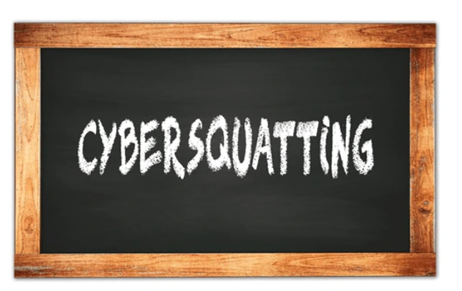Artificial intelligence has a wide range of effects, including on intellectual property law. At best…
Jurisdiction for Trademark and Copyright Suits after Bombay High Court’s Decision
It’s really not settling down when it comes to jurisdiction of infringement of trademarks and copyrights. In INDIAN PERFORMING RIGHTS SOCIETY LTD. Versus. SANJAY DALIA AND ORS: (2015) 10 SCC 161 decided on July 01, 2015, Hon’ble Supreme Court (SC) dealt with the extent to which section 62 of the Copyright Act,1957 and section 134 of the Trademark Act, 1999 provide the convenience to Plaintiff in terms of instituting a suit for infringements. SC agreed that both section 62 and section 134 are inclusive in nature, and provide an additional forum to the plaintiff to sue the defendant at places where the plaintiff is residing or carrying on business or personally works for gain in addition to places provided by section 20 of CPC i.e. places where the defendant is residing or carrying on business or personally works for gain or where the cause of action has arisen. But SC made it clear that section 62 and section134 do not give plaintiff authority to institute a suit at a subordinate place if no cause of action has arisen there and cause of action has arisen at the place of registered office. By observing so, SC made it clear that section 62 and section 134 are not interpreted to the detriment of Defendant.
After this decision by SC, in ULTRA HOMES CONSTRUCTION PVT. LTD Versus PURUSHOTTAM KUMAR CHAUBEY & ORS FAO (OS) 494/2015 & CM 17816/2015 decided on January 20, 2016, Hon’ble division bench of Delhi High court held that plaintiff being a corporation (which includes a company), can sue at additional places as discussed below:
According to this decision, the plaintiff cannot choose to file suit at the place of Principal office in case it has subordinate office and cause of action has arisen at such place. An in-depth analysis of the inclusive nature of section 62 and section 134 and the effect of the above mentioned two decisions on the jurisdictions available to the plaintiff was done by IIPRD.
In the decision given on June 15, 2016, in respect of SUIT NO. 516 of 2013 and SUIT NO. 632 of 2014, Hon’ble Bombay High Court decided that Dalia decision by SC does not take away the privilege of the plaintiff to file suit at the place of the principal place of business or registered office even if it has a subordinate place and cause of action has arisen at such place or defendant resides or carries on business there. To support his views, Justice Patel of Bombay HC relied on the discussion of SC on “carries on business”, where SC observed that the registered office of a company is the principal place of business as generally it is a place where controlling powers are exercised. Justice Patel said that Dalia decision intended to avoid only abuse that can result when the cause of action has arisen at the place of the registered office of the plaintiff and he chooses to file a suit at such a place where he has a subordinate place and neither cause of action has arisen nor defendant resides or carries on business there.
With the contrary decisions of DB of Delhi High Court and Bombay High Court on whether the plaintiff has the privilege to file suit at the place of its registered office when it also has a subordinate place and cause of action has arisen at such a place, the position remains unsettled. It would be interesting to note the stand of the Supreme Court on the same.
About the Author: Swapnil Patil, Patent Associate at Khurana & Khurana, Advocates and IP Attorneys and can be reached at swapnil@khuranaandkhurana.com.




